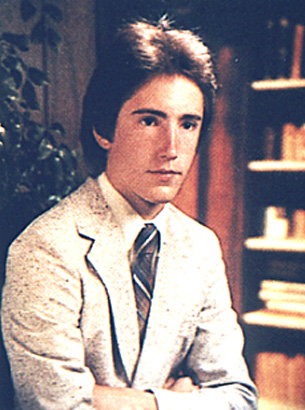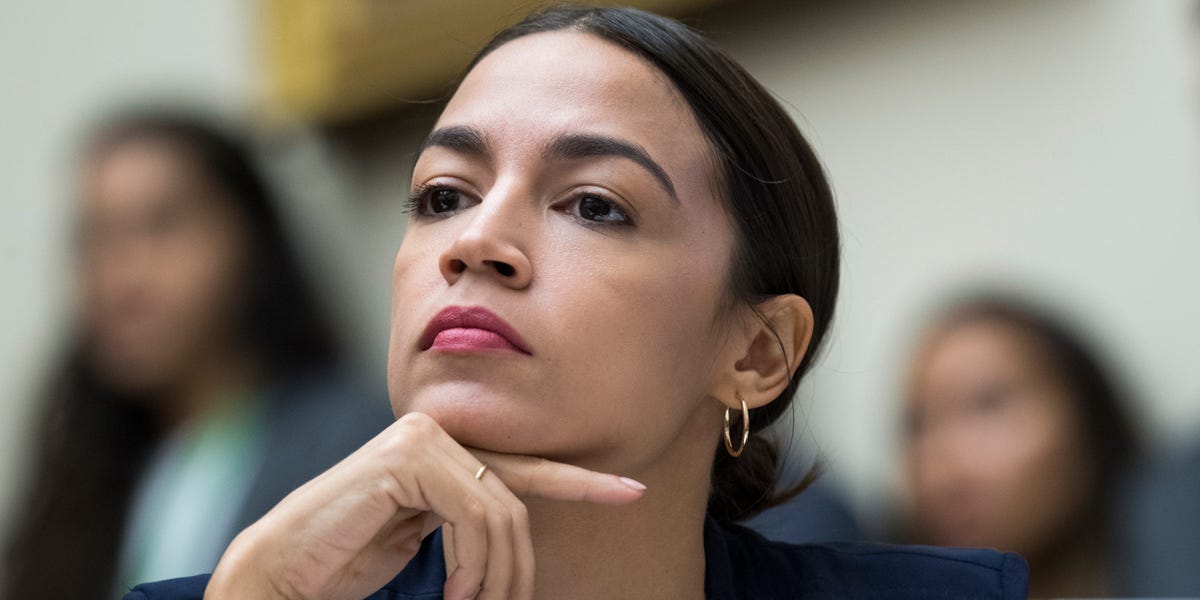Article- Democratic Rep. Alexandria Ocasio-Cortez raised the possibility that Congress should consider subpoenaing Chief Justice John Roberts if he stands by his refusal to testify about ethical questions hanging over the high court.
“And so I believe that … if Chief John Roberts will not come before Congress for an investigation voluntarily, I believe that we should be considering subpoenas,” Ocasio-Cortez told CNN’s Dana Bash on “State of the Nation” on Sunday. “We should be considering investigations.”
Ocasio-Cortez repeatedly blasted the court last week as Roberts and the five other conservative justices handed major victories to the right that effectively ended affirmative action, opened the door to discrimination against LGBTQ+ Americans, and axed Biden’s current student loan forgiveness plan.
The New York Democrat took particular issue with the court’s ruling in Biden v. Nebraska, arguing that Justice Samuel Alito’s acceptance of billionaire Paul Singer financing a lavish fish trip undercut the court’s “legitimacy.” According to ProPublica, which broke the news of Alito’s Alaska fishing trip, Singer has given millions to the Manhattan Institute, a conservative think tank that has taken public positions on a number of cases pending before the court — one of those cases was Biden v. Nebraska. Alito, in an extraordinary Wall Street Journal op-ed, denied any wrongdoing or that he has discussed court business with Singer.
—Alexandria Ocasio-Cortez (@AOC) June 30, 2023
“This SCOTUS’ corruption undercuts its own legitimacy by putting its rulings up for sale,” Ocasio-Cortez wrote on Twitter after the decision.
While Republicans control the House, Ocasio-Cortez pointed out that Senate Democrats are investigating the numerous reports about unreported gifts to the justices through the powerful Senate Judiciary Committee. But Roberts has thus far declined to appear before the panel.
“Testimony before the Senate Judiciary Committee by the Chief Justice of the United States is exceedingly rare, as one might expect in light of the separation of powers concerns and the importance of preserving judicial independence,” Roberts wrote in April in response to Judiciary Committee Chairman Dick Durbin’s invitation.
Along with his invitation, Roberts sent along a statement about ethics that he said the eight other current justices had agreed to try to follow. But the statement reaffirmed the belief that only individual justices should decide whether or not they should recuse themselves.



The theoretical ideal is that judges won’t be intervened by anyone. (At least that’s how it is phrased in my country). Congress thus has to select trustworthy judges, and is supposed to be able to write and block laws without going to the court. These two not being met are the problems that need to be fixed, in the classical sense. Now, if you say these are beyond fixing and the other governmental branches have to start checking the court, there’ll probably arise a huge problem of how to establish the independence of judges.
Basically they will be officially political tools.
Understandable but at this stage they are political tools and have been so for decades. It is just now blatantly obvious and if that is going to be the case we need a new system in place to correct it or to mitigate them